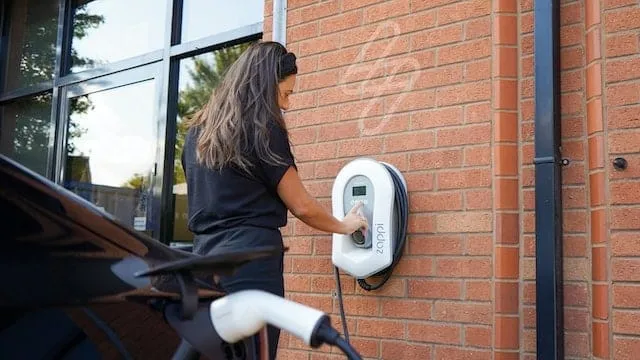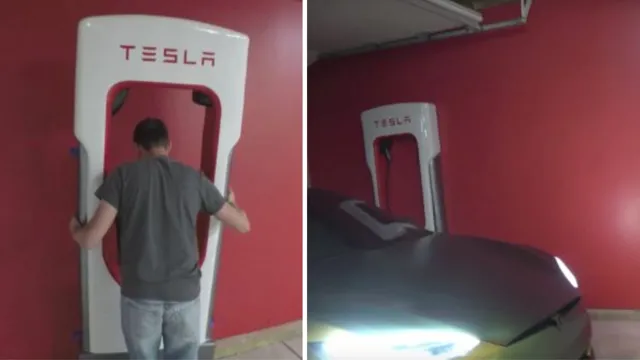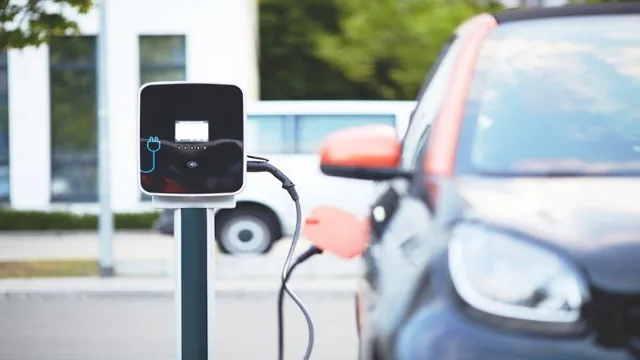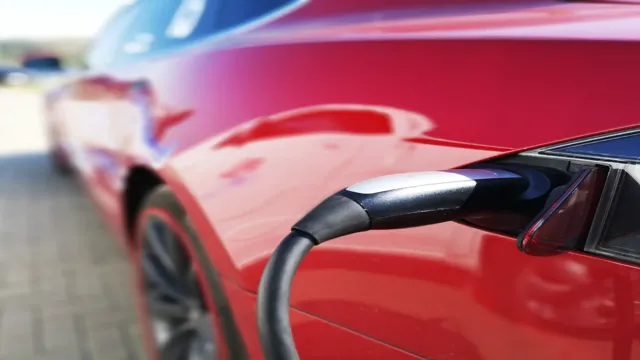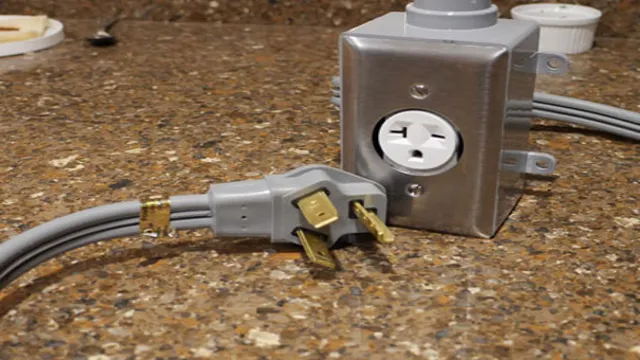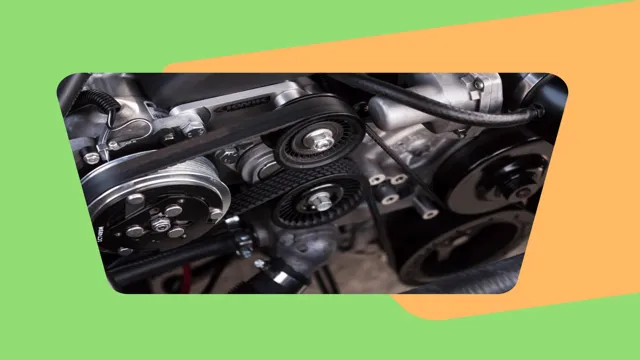Breaking Down the Myths: Can All Electric Cars Share The Same Charging Stations?
Before buying an electric car, one common concern is whether or not there are enough charging stations and if you can recharge your car wherever you go. The question that arises is: can all electric cars use the same charging stations? As electric cars gain more popularity, it is important to know if the charging infrastructure can accommodate all types of electric cars. In this blog, we will unravel this mystery and find out if all electric cars use the same charging stations or not.
Types of charging stations
Can all electric cars use the same charging stations? The answer is no. There are different types of charging stations available, and not all electric cars are compatible with all of them. The three main categories of charging stations are Level 1, Level 2, and Level 3 (also known as DC fast charging).
Level 1 charging stations use a standard 120-volt wall outlet and are not very efficient, taking up to 24 hours to fully charge an electric car. Level 2 charging stations require a 240-volt outlet and can charge an electric car in 4-8 hours. Level 3 charging stations are the fastest but are not as widely available, and not all electric cars can use them.
Level 3 charging stations are often found along major highways and can charge an electric car in 30 minutes to an hour. It’s important to know the charging capabilities of your electric car and the type of charging stations available in your area to ensure you can charge your car when necessary.
Level 1 charging
Level 1 charging stations are the most basic type of charging station available for electric vehicles (EVs). These types of charging stations are typically found in residential areas, like garages or driveways, and they use a standard AC plug that can be plugged into a regular household outlet. One downside to Level 1 charging is that it is the slowest method of charging available, with an average of 2-5 miles of range added per hour of charging.
However, it is convenient for those who do not need to drive long distances on a regular basis, as it is essentially a “trickle charge” that can gradually refuel your EV while you are at home or sleeping. Overall, while Level 1 charging is not the most efficient method, it is a good option for those who do not require a quick charge and want a simple, low-cost charging solution.
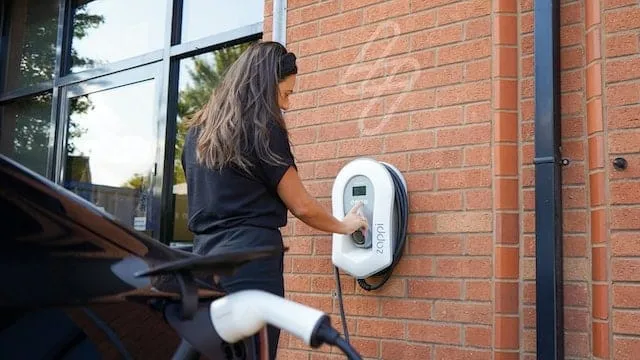
Level 2 charging
When it comes to electric vehicle charging, there are two types of Level 2 charging stations available: residential and commercial. Residential Level 2 chargers are designed for home use and can provide up to 240 volts of power to charge your car. These chargers are generally smaller and less powerful than their commercial counterparts.
On the other hand, commercial Level 2 charging stations are much larger and more powerful, designed for use in public spaces such as parking lots or busy urban areas. They can provide a faster charge time than residential chargers and can recharge most cars in just a few hours. However, they can also be more expensive to install and maintain.
Overall, the type of Level 2 charger that’s best for you will depend on your specific needs and charging requirements. Whether you’re charging at home or on the go, Level 2 charging can help keep your electric vehicle powered up and ready to hit the road, without eating into your valuable time or breaking the bank.
DC fast charging
DC fast charging is a convenient way to charge your electric car in a short time. Different types of charging stations are available, and each differs in charging speed, connector type, and power output. Level 1 charging station has the slowest charging speed, and it requires 120V AC standard household outlets and takes several hours to charge a car.
Level 2 charging station uses 240V AC power, which offers faster charging speeds than level 1 charging station. The DC fast charging station is the most advanced level of charging station, which utilizes high-voltage DC power to deliver a large amount of energy to charge the battery of an electric car quickly. DC fast charging station can charge an electric car up to 80% within 30 minutes.
The efficiency of DC fast charging stations depends on the battery capacity and the maximum charging rate of the car. Electric cars with larger batteries particularly benefit from DC fast charging. In conclusion, DC fast charging is an ideal solution for those who need to charge their car quickly, and it is the future of convenient electric vehicle charging.
Charging connector types
Can all electric cars use the same charging stations? While electric cars offer great environmental benefits over traditional gas vehicles, different charging connector types can sometimes make charging on the go a challenge. There are three main types of charging connectors: CHAdeMO, CCS, and Tesla. These connectors are not interchangeable, meaning that an EV with a CHAdeMO connector won’t be able to charge at a CCS charging station and vice versa.
Tesla’s charging connector is unique to the brand and can only be used at Tesla Superchargers. However, more and more charging stations now offer multiple connector types, allowing EV drivers to charge no matter what type of connector is needed. It’s important for electric car owners to understand their vehicle’s charging connector and plan their routes accordingly to ensure they have access to compatible charging stations.
J1772
J1772 is a charging connector type that is commonly used for electric vehicles. This type of connector is named after the J1772 standard that was developed by the Society of Automotive Engineers. The J1772 connector features five pins that are used for communication and power transfer between the vehicle and the charging station.
The connector is designed to handle different levels of charging, from Level 1 (110 volts) to Level 2 (240 volts), and can supply up to 80 amps of current. One advantage of the J1772 connector is that it is compatible with most electric vehicles, making it easier for owners to find a charging station that can charge their vehicle.
CHAdeMO
If you drive an electric car, you are probably well aware of the importance of charging connector types. One popular type of connector is the CHAdeMO, which stands for “CHArge de MOve,” which translates to “charge for moving.” This connector was developed in Japan and is commonly used in Asian countries for fast charging.
The CHAdeMO connector uses a 500-volt DC charge and can charge a Nissan Leaf to 80% in 30 minutes. Although CHAdeMO is not as widely used as other connectors, it is an important option for electric car drivers who want fast and efficient charging. If you are planning a long road trip, it is worth checking to see if there are CHAdeMO charging stations along your route.
With the popularity of electric cars increasing, we can expect more innovative charging connector types to emerge in the future.
CCS
CCS charging connector types have revolutionized the electric vehicle industry by providing a universal, high-speed charging solution. The CCS or Combined Charging System connectors differ from other charging connectors in that they can handle both AC and DC power, making them extremely versatile. They come in two versions, CCS1 and CCS2, with the former used mostly in North America while the latter is used in Europe, Australia, and several other countries.
The CCS connector is compatible with most EV models, including the Tesla Model 3 with an adapter. What’s more, CCS charging allows for rapid charging, with charging rates of up to 350 kW or more, allowing EV owners to charge their vehicles in about 30 minutes or less. That means you can recharge your vehicle’s battery quickly and get back on the road.
It also means that charging stations can serve more customers at a faster pace, reducing long wait times and making EV ownership more convenient. Overall, CCS charging connector types represent a significant change in the world of electric vehicle charging, and their increasing popularity is a testament to their success.
Compatibility of charging stations and electric cars
“Can all electric cars use the same charging stations?” is a common question asked by those who are new to the world of electric vehicles. The answer is not a straightforward yes or no. The compatibility of electric cars and charging stations depends on a few factors, including the type of charging station and the electric car’s charging capabilities.
Most electric cars in the market today can use Level 1 and Level 2 charging stations, which are the most common types. However, some high-end models may require a Level 3 charging station, which is less common and often more expensive to install. Additionally, some electric cars only accept specific types of charging connectors, so it’s essential to check before trying to charge.
Overall, while not all electric cars can use the same charging stations, most can use the standard types that are readily available.
Most common connector types
When it comes to charging electric cars, compatibility is a major concern, and that starts with understanding the most common connector types. There are several types of connectors available, including CCS, CHAdeMO, Tesla, and J177 CCS and CHAdeMO connectors are used by most fast-charging stations and are the most common types found in Europe.
Tesla connectors are only compatible with Tesla vehicles, and J1772 connectors are used by most Level 2 charging stations in North America. It’s important to ensure that your electric car’s connector type is compatible with the charging station you plan to use. Many public charging stations are equipped with multiple connector types, but it’s always best to check the station’s specifications beforehand.
With this understanding of connector types, you can confidently charge your electric car, knowing that you’re using the proper equipment for the job.
Exceptions to compatibility
Compatibility of charging stations and electric cars While compatibility between charging stations and electric cars is generally good, there are a few exceptions that can cause issues. One of the main issues is related to the type of charging port on the car and the type of connector on the charging station. There are several different types of charging ports and connectors available, and not all of them are compatible with each other.
The most common types of connectors include CHAdeMO, CCS, and Tesla Superchargers. If you have a car with a CHAdeMO connector, for example, you may have trouble finding a charging station that can accommodate this specific type of connector. Additionally, some older electric vehicles may not be compatible with newer charging stations, as they may not be able to handle the higher charging speed offered by some of the latest charging stations.
However, as the popularity of electric cars continues to grow, industry standards for charging station connectors are likely to improve, reducing the number of these compatibility issues.
Conclusion
In conclusion, we can liken the compatibility of electric cars with charging stations to a game of Tetris. Each car manufacturer has their own unique shape and size, requiring a specific charging station that fits them just right. However, as electric cars continue to gain popularity and industry standards are developed, we may see a future where all cars can use the same charging stations, like a perfectly fitted puzzle.
Until then, it’s best to do your research and ensure your car and charger are a match made in electric vehicle heaven.”
FAQs
FAQ 1: Q: Are all electric cars compatible with the same charging stations? A: No, different electric cars may require different charging ports and levels of charging power, so it is important to check with the specific car manufacturer to determine the appropriate charging station. FAQ 2: Q: Can I charge my electric car at any charging station? A: It depends on the type of charging station and your car’s charging capabilities. Some chargers may not be compatible with your car model or may not provide the level of charging power needed. FAQ 3: Q: Do all charging stations offer the same charging speed? A: No, different charging stations may have different charging speeds. Some may offer more rapid charging, while others may be slower. FAQ 4: Q: Can I use a charging adapter to charge my electric car at any station? A: It depends on the adapter and the charging station. Some adapters may not be compatible with certain charging stations or may only work with specific types of electric vehicles.

